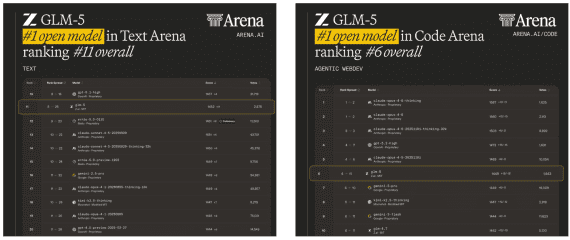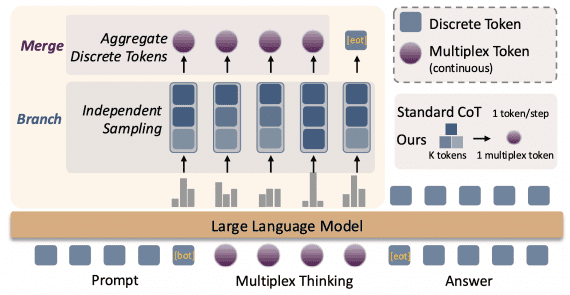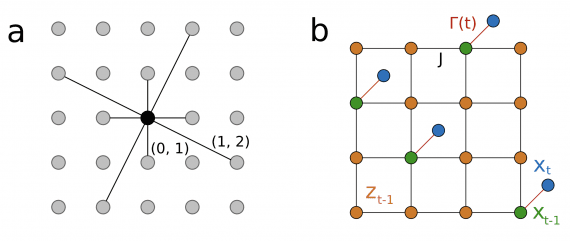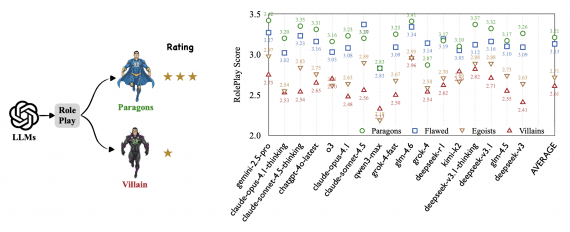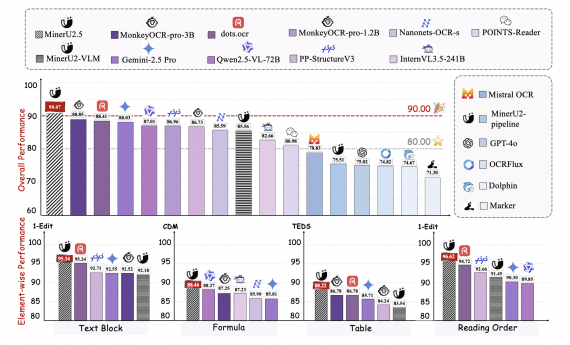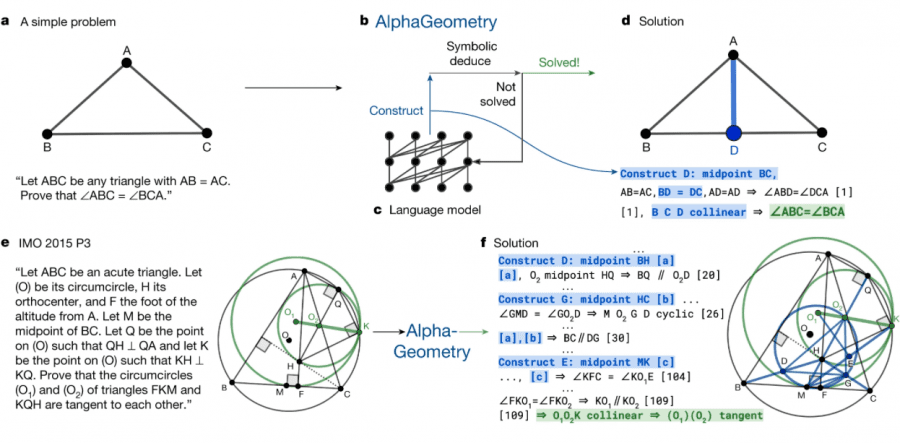
DeepMind has unveiled AlphaGeometry – a model capable of solving geometric problems at the level of International Mathematical Olympiad winners. AlphaGeometry solved 25 out of 30 Olympiad problems, while on average, Olympiad winners solve 25.9 problems, and the previous model only solved 10.
Existing language models often struggle to solve complex mathematical problems due to insufficient training data and the inability to generate error-free, lengthy logical chains. When solving problems, AlphaGeometry combines deduction based on geometric laws with the execution of additional geometric constructions that are most likely to lead to the answer.
Based on the geometric drawing of the problem and its conditions, the model deduces new statements about the relationships between objects until it solves the problem. If a solution is not found, AlphaGeometry performs an additional construction and generates new statements based on it. This cycle continues until a solution is found.
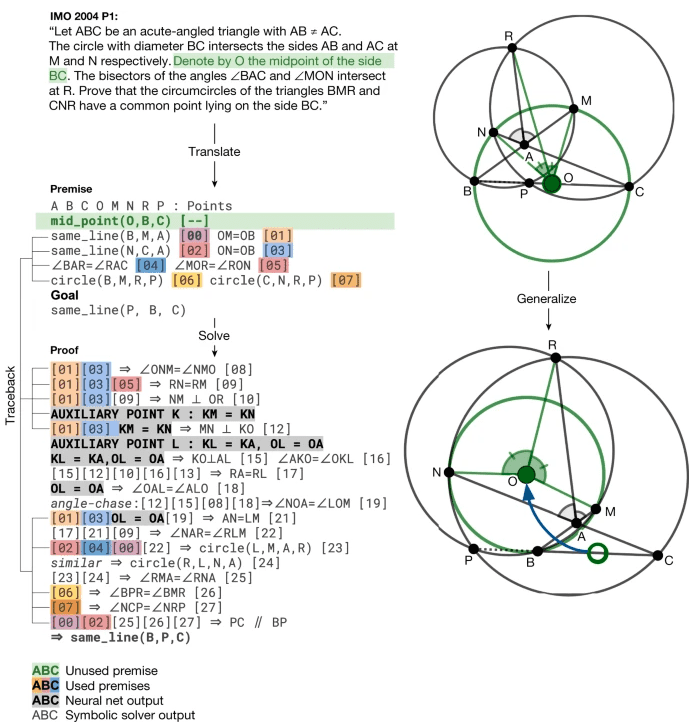
To train the model, approximately one billion random geometric drawings were generated, and all relationships between objects on them were formed. Then the model was trained to understand which additional constructions allowed finding the relationship between each pair of objects. This approach at DeepMind is called “backtracing.” After filtering similar drawings, there were 100 million examples left with labeled object relationships. Thus, only synthetic data without real geometric problems were used to train the model.
The AlphaGeometry code has been released open-source.


